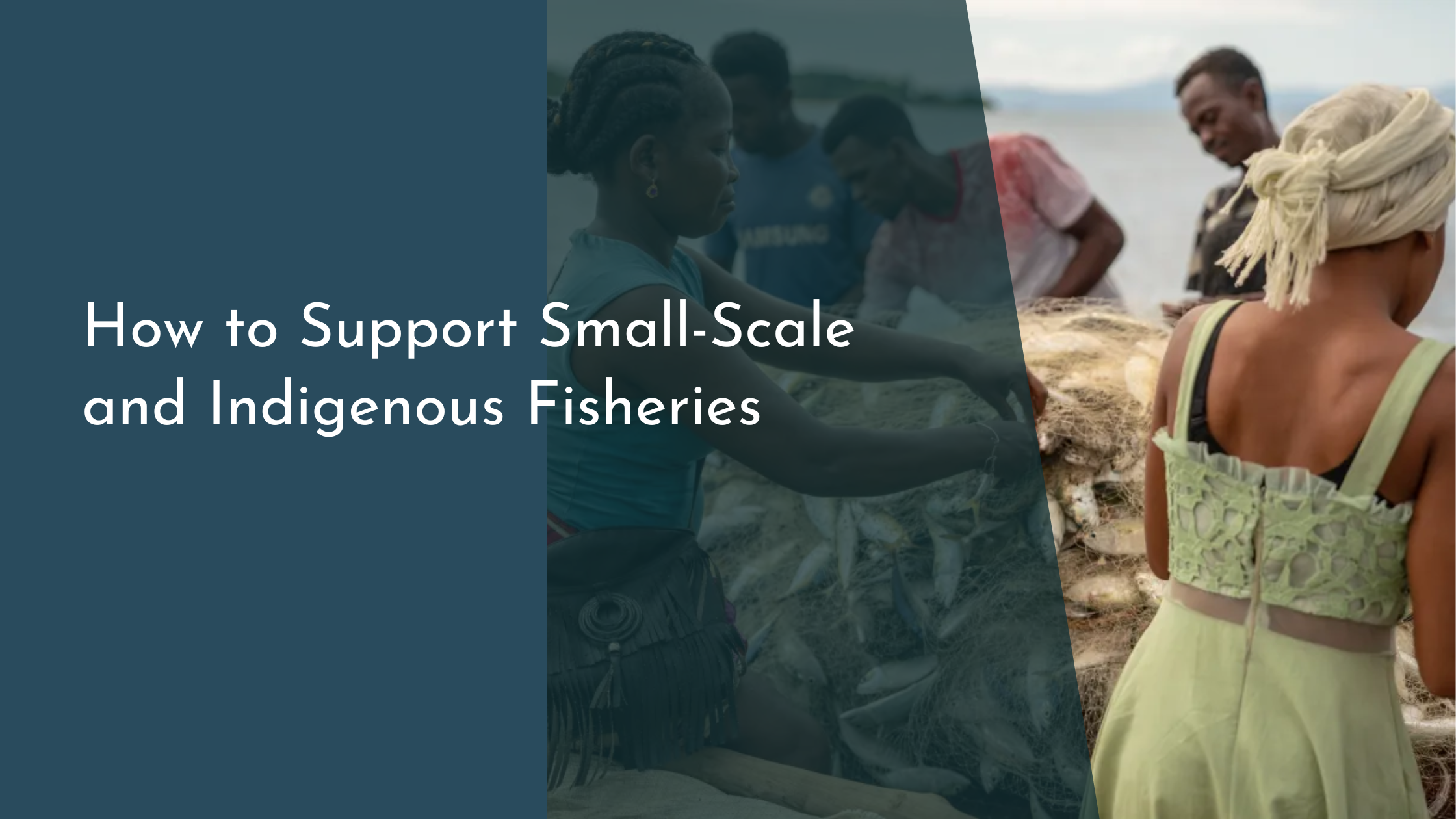How to Support Small-Scale and Indigenous Fisheries
Small-scale and indigenous fisheries play a crucial role in maintaining the ecological balance of our oceans, supporting local economies, and preserving cultural traditions. With increasing global attention on sustainable practices, now is the perfect time to focus on how we can support these fisheries effectively. This article explores their importance, the challenges they face, and practical ways to support them, while also discussing how to build sustainable partnerships that can benefit both communities and the environment.
Understanding the Importance of Small-Scale Fisheries
Small-scale fisheries are the backbone of coastal communities around the world. They provide livelihoods to millions and ensure food security for countless families who depend on the ocean’s bounty. Unlike large-scale industrial fisheries, small-scale operations are often more sustainable as they employ traditional fishing methods that minimize environmental impact. By relying on local knowledge and practices, these fisheries contribute significantly to the health of marine ecosystems.
Furthermore, indigenous fisheries embody a rich cultural heritage that spans generations. They are not just about catching fish; they are about maintaining a way of life that is deeply intertwined with the natural world. These fisheries preserve traditional knowledge and skills that have been honed over centuries, offering invaluable insights into sustainable resource management. Supporting small-scale and indigenous fisheries is essential not only for environmental and economic reasons but also for cultural preservation.
Recognizing the Challenges Faced by Indigenous Fishers
Indigenous fishers often face numerous challenges that threaten their way of life. One of the primary issues is the increasing pressure from commercial fishing operations, which can lead to overfishing and depletion of local fish stocks. This competition can make it difficult for small-scale fishers to sustain their livelihoods as they struggle to compete with larger, more resource-intensive operations.
Moreover, indigenous fishers frequently encounter regulatory hurdles that do not account for their traditional fishing practices. Many fishing regulations are designed with industrial operations in mind and fail to recognize the unique needs and contributions of small-scale and indigenous fisheries. This oversight can result in limited access to fishing grounds, legal constraints, and insufficient support for sustainable practices, further marginalizing these communities.
Practical Ways to Support Local Fishing Communities
One effective way to support small-scale and indigenous fisheries is by advocating for fair fishing policies that recognize and protect their rights. This involves engaging with policymakers to ensure that regulations are inclusive and considerate of traditional practices. By promoting policies that balance conservation with the livelihoods of local fishers, we can help create an environment where both can thrive.
Another practical approach is to support community-led conservation initiatives. Many small-scale and indigenous fishers have a profound understanding of their ecosystems and are often at the forefront of conservation efforts. By providing resources and platforms for these communities to lead conservation projects, we can empower them to protect their marine environments while bolstering their economic resilience.
Building Sustainable Partnerships for Lasting Impact
Building strong partnerships between small-scale fisheries and other sectors can lead to lasting impacts. Collaboration with non-governmental organizations (NGOs), academic institutions, and private enterprises can bring much-needed resources, knowledge, and innovation to local communities. These partnerships should focus on capacity building, technology transfer, and the development of sustainable business models that enhance the fishers’ economic opportunities without compromising their cultural heritage.
Furthermore, fostering relationships between consumers and fishers through programs like community-supported fisheries (CSFs) can create direct markets for sustainably sourced seafood. By connecting consumers to the people who catch their fish, CSFs encourage transparency and promote fair trade practices. This not only provides fishers with better prices for their catch but also educates consumers on the importance of supporting sustainable fisheries.
Supporting small-scale and indigenous fisheries is more than just an ecological or economic endeavor; it is a commitment to preserving cultural heritage and promoting social justice. By understanding their importance, recognizing the challenges they face, and actively engaging in practical support and sustainable partnerships, we can contribute to a brighter future for these critical communities. Together, we can ensure that small-scale and indigenous fisheries continue to thrive, nurturing both our oceans and the traditions that enrich our global tapestry.


